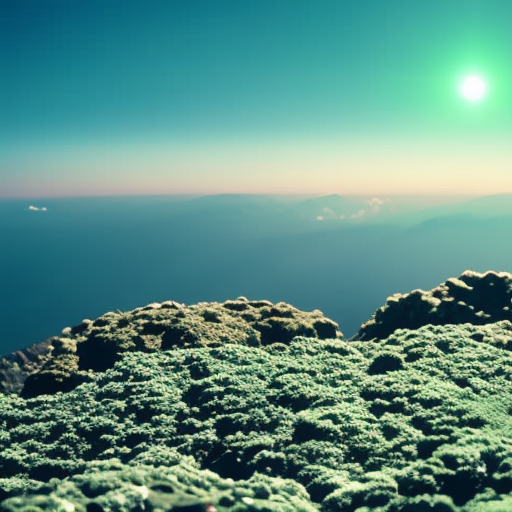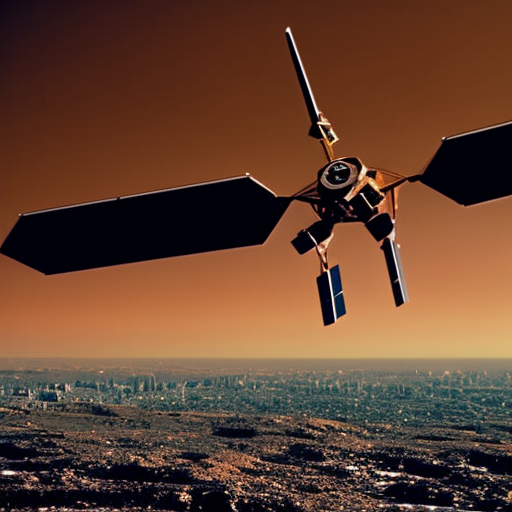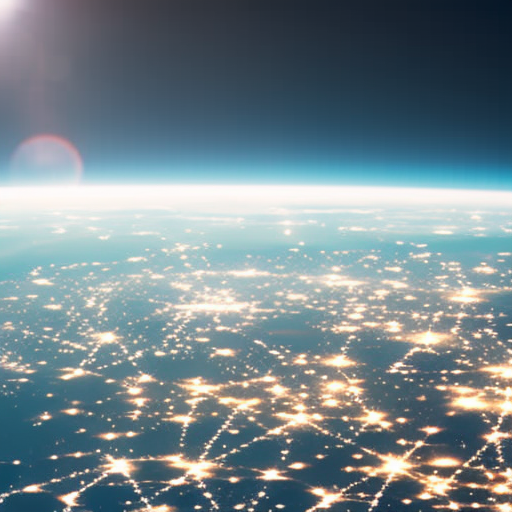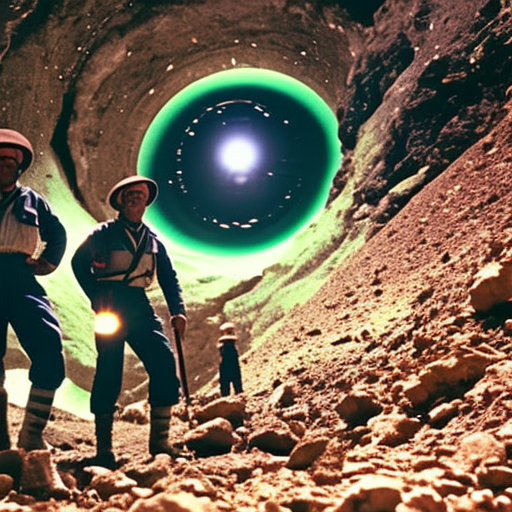Global warming refers to the long-term increase in Earth’s average surface temperature due to human activities, primarily the emission of greenhouse gases.
Space Tourism Explained
Space tourism refers to the commercial travel and exploration of outer space by individuals for recreational purposes.
Air Pollution Explained
Air pollution refers to the contamination of the air by harmful substances, leading to adverse effects on human health and the environment.
Mars Exploration Explained
Mars exploration focuses on the scientific study and potential colonization of the red planet.
International Space Station Explained
The International Space Station is a multinational space station that serves as a laboratory for scientific research and international collaboration in space exploration.
Space Telescopes Explained
Space telescopes are advanced astronomical instruments that are launched into space to observe celestial objects and phenomena with greater clarity and precision than ground-based telescopes.
Interstellar Probes Explained
Interstellar probes are unmanned spacecraft designed to explore and gather data from beyond our solar system.
Satellite Technology Explained
Satellite technology refers to the use of artificial satellites for various purposes such as communication, navigation, weather monitoring, and scientific research.
Space Colonization Explained
Space colonization refers to the concept of establishing human settlements beyond Earth, primarily on other planets or moons.
Asteroid Mining Explained
Asteroid mining is the process of extracting valuable resources from asteroids in space.
Moon Landings Explained
The moon landings refer to the historic missions in which humans landed on the moon, expanding scientific knowledge and paving the way for future space exploration.
Space Habitats Explained
Space habitats are artificial environments designed to sustain human life in outer space.




















